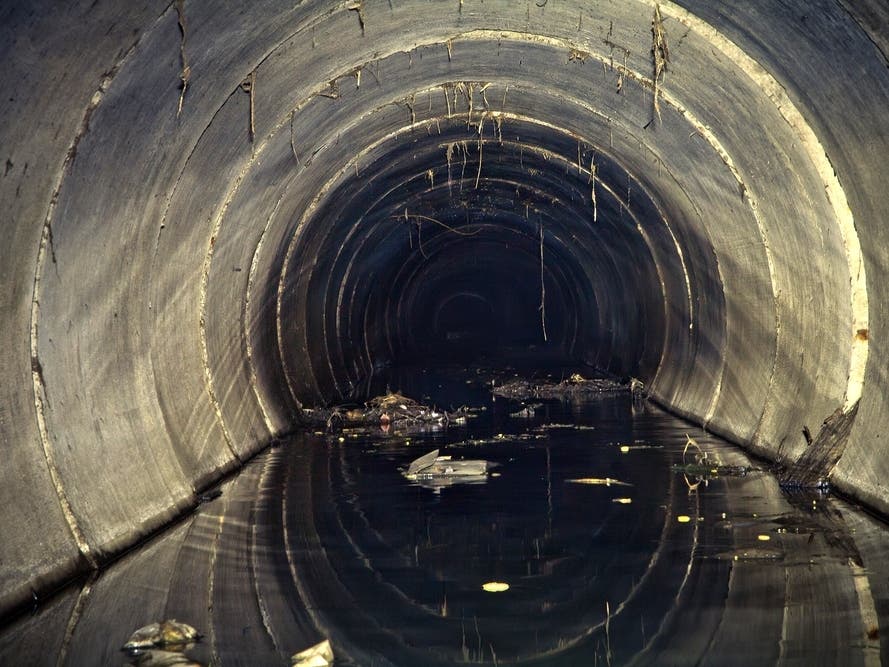Health & Fitness
Sewage Research Shows COVID-19 May Have Peaked In Twin Cities
The Metropolitan Council is tracking COVID-19 in the sewage of the Twin Cities metro area.

TWIN CITIES, MN — The latest surge of COVID-19 in the Twin Cities may have peaked, according to sewage monitoring conducted by the Metropolitan Council.
Scientists from the Met Council’s Environmental Services division are extracting viral genetic material from wastewater samples and sending them to the University of Minnesota Genomics Center for testing.
The samples allow researchers to track the rise and fall of infection rates. According to the latest data, the viral load in local wastewater is starting to decline.
Find out what's happening in Southwest Minneapoliswith free, real-time updates from Patch.
"As the Delta variant of the SARS-CoV-2 virus declined, the Omicron variant quickly took its place as the dominant variant in wastewater samples at the Metro treatment plant in Saint Paul," the Met Council notes.
"Wastewater sampling does not confirm individual cases or provide detailed information about how and where outbreaks occur. But it is an unbiased measure of disease prevalence in the service area, supplementing diagnostic testing."
Find out what's happening in Southwest Minneapoliswith free, real-time updates from Patch.
The Saint Paul treatment plant serves much of the seven-county metro area.
Watch a video about how the Met Council monitors COVID-19 in wastewater here.
Get more local news delivered straight to your inbox. Sign up for free Patch newsletters and alerts.